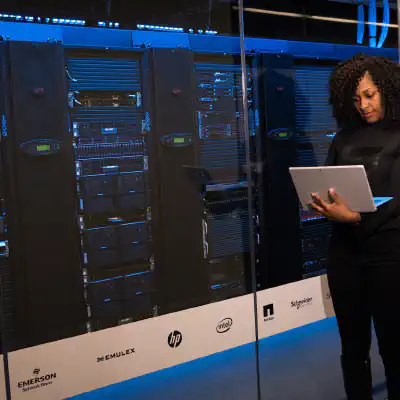Geoff Wagner
Geoff Wagner's Posts:
The performance of the DevOps cycle is a crucial measure of your success. If it's good, you are on track to meet your objectives; if it's bad, you need to make some changes. The DevOps cycle performance has three main factors: lead time, cycle time, and throughput.
DevOps is an approach to software development and operation, where teams are able to collaborate more effectively and accelerate software releases from development to production. As a result, organizations can release new features faster and with higher quality.
DevOps has become a powerful set of tools, processes, and cultural norms for improving the deployment and operation of the software. As businesses grow more reliant on software applications, DevOps becomes even more important as it aids in accelerating the delivery of new features to production.
Welcome to our comprehensive guide on navigating the DevOps Engineer Path, a thrilling journey towards becoming a proficient DevOps professional.
Trust and respect are essential ingredients in any healthy working environment. When trust and respect are present, team members feel safe to give their best, collaborate openly, and challenge one another constructively.
DevOps (an abbreviation of developer operations) is the marriage between software development and IT operation. It's a term used to describe practices and technologies aimed at bringing together software engineers and IT professionals to produce software more efficiently.
Automation Testing in DevOps is generally relegated to the software being released to production. Environmental testing is performed by manual testing practices or high-level smoke tests.
Sysdig Threat Research Team has discovered PURPLEURCHIN, an elaborate crypto mining operation taking advantage of automated CI/CD services. Attackers have used millions of free compute cycles through services such as GitHub Actions, Heroku, and others, to run the operation.
Whether it's Python, JavaScript, or other programming languages, Developers spend a lot of time writing code. More traditional infrastructure engineers are going to spend their time in a user interface configuring their systems and services to work for their organizations. Operations teams are going to be picking up what was developed for them by other groups and determine the right ways to run it efficiently.









